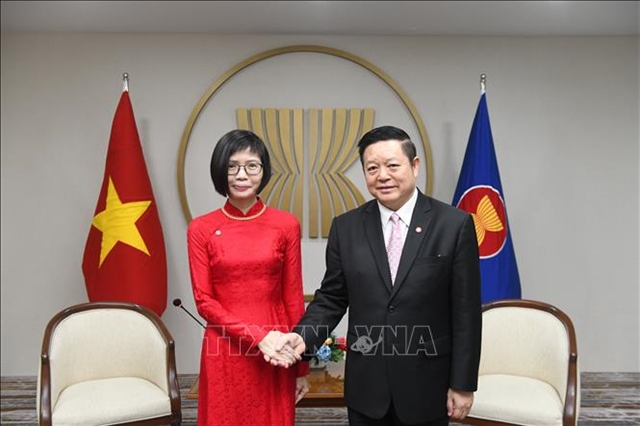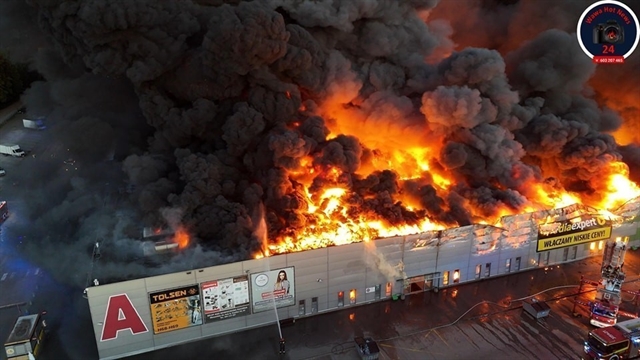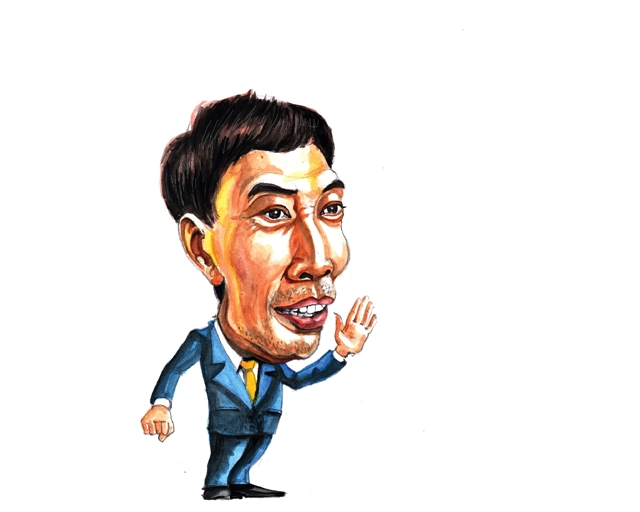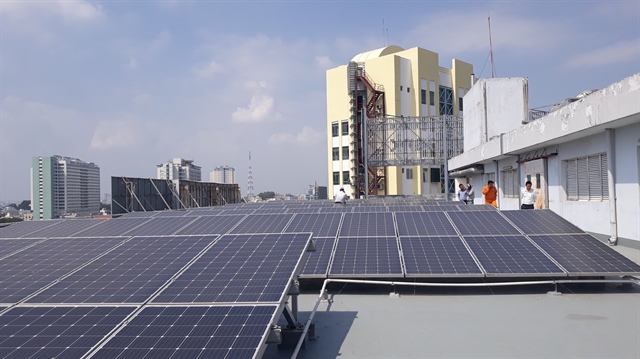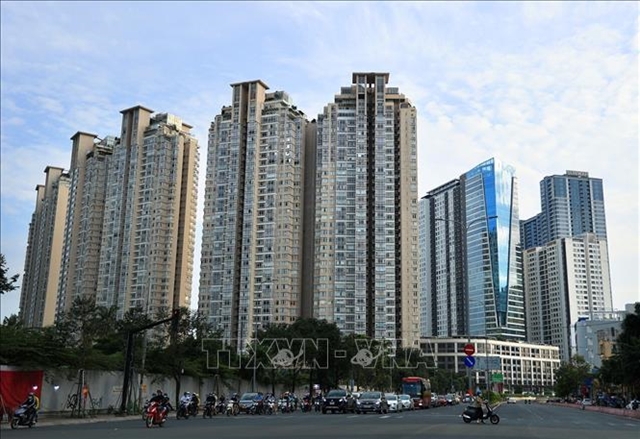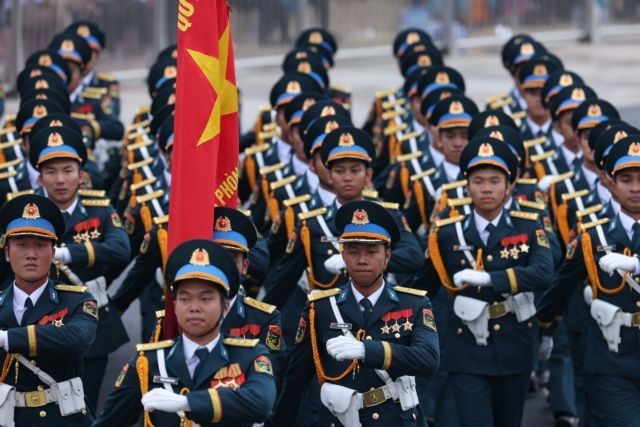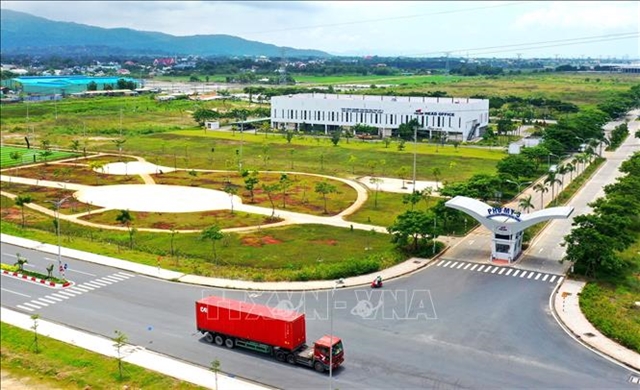 Society
Society

In the context of the relentless global integration, trade unions need to modernise their organisation and functions to better represent workers through collective bargaining, labour officials have said.
 |
| Representatives of trade unions at 70 firms in HCM City and neighbouring provinces participated in a workshop on Thursday (July 26) on collective agreements. — VNS Photo Thu Hằng |
HCM CITY — In the context of the relentless global integration, trade unions need to modernise their organisation and functions to better represent workers through collective bargaining, labour officials have said.
To comply with the requirements of the Comprehensive and Progressive Agreement for Trans-Pacific Partnership (CPTPP) and EU-Việt Nam Free Trade Agreement, and more importantly to fulfill its obligations as an ILO member state, Việt Nam needs to respect and promote the 1998 ILO Declaration, particularly Convention 98 on the right to collective bargaining, Nguyễn Tất Năm, head of labour- wage- social insurance office at HCM City’s Department of Labour, Invalids and Social Affairs, said.
Collective bargaining provides the basis for sound labour relations, he told a workshop held on July 26 to guide attendees on the concept.
Typical issues on the bargaining agenda include salaries, bonuses, allowances and salary hikes; working hours, overtime and breaks; training; and occupational health and safety, he said.
Việt Nam has a fairly comprehensive legal framework for collective bargaining and collective agreements though significant limitations remain, he said.
On the employees’ side, trade unions are the only bodies permitted to represent employees’ interests and bargain on their behalf.
But trade union leaders are usually managers of those very companies, he added.
Trần Văn Trí, a partner at FUJILAW, said labour unions should be independent and free from interference of employers to secure employees’ benefits.
However, it is not uncommon to find that trade union leaders are managers or human resource officials, he said.
Employees must be educated about their right to participate in the process of collective agreement, which is described in the Labour Code, he said.
Between 2012 and 2016, more than 27,800 collective agreements were signed, according to the city’s Department of Labour, Invalids and Social Affairs.
The number of firms that have signed collective agreements account for 66 per cent of firms with trade unions.
The city is home to more than 15,200 firms that employ more than 1.45 million workers. Nearly 88 per cent of them have trade unions.
In HCM City, around 5,000 collective agreements are inked or amended every year at 80 per cent of firms with trade unions.
Nguyễn Thành Đô of the HCM City Federation of Labour said employees’ rights and concerns are sometimes not addressed while the process established for resolving problems does not work properly, resulting in the risk of strikes.
In the first six months of this year, more than 3,600 employees in the city took part in 14 strikes.
Last year, 20,700 employees were involved in 35 strikes, 16 fewer than in the previous year. Violations of the Labour Law and labour agreements, and failure to pay salaries were the major reasons to strikes, Đô said.
Representatives of trade unions from 70 firms in HCM City and neighbouring provinces attended the workshop. — VNS

